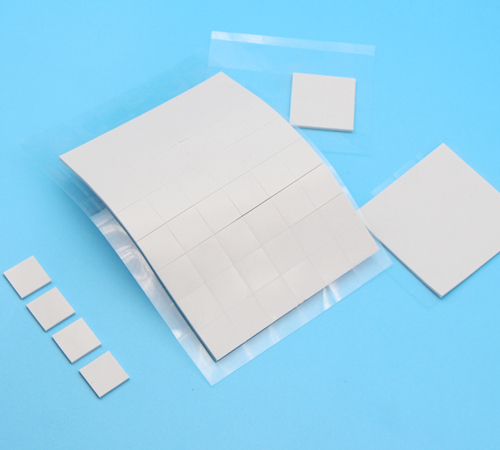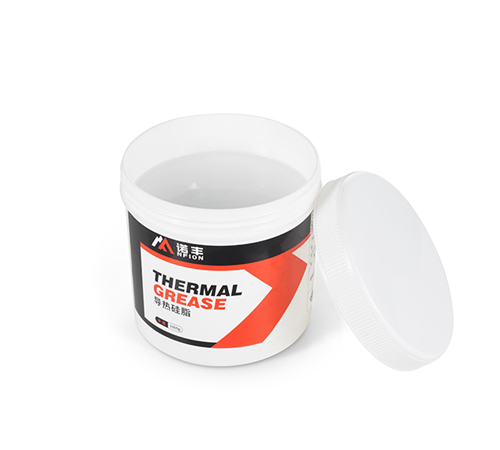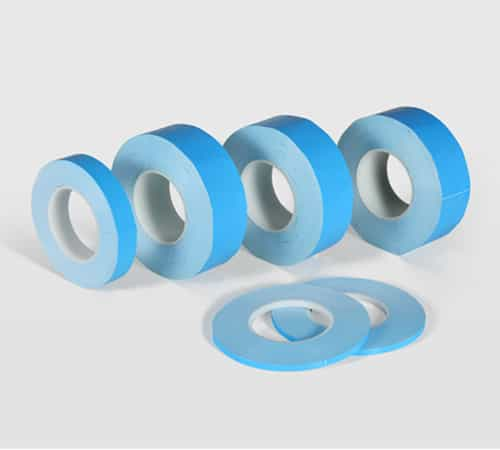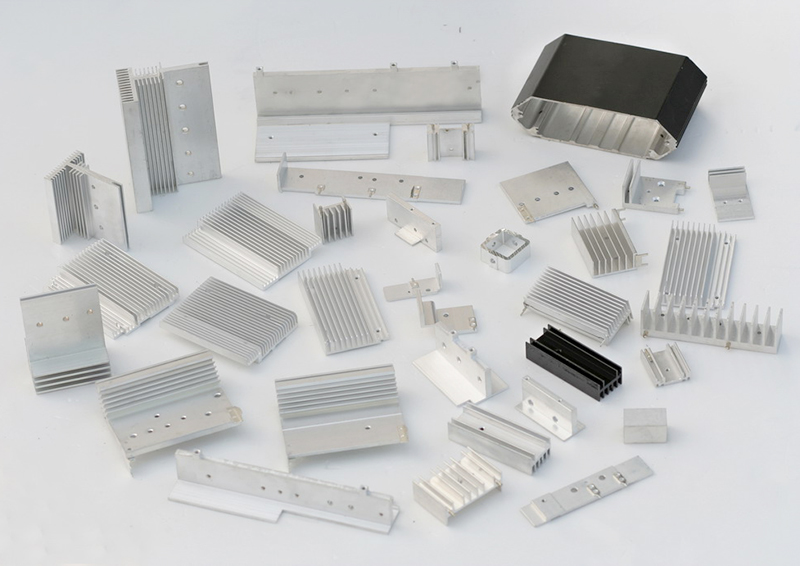
The application of thermally conductive silicone pads in heat sinks is primarily based on their outstanding thermal conductivity and material properties. In electronic devices, there are often small irregularities or gaps between heat-generating components (such as CPU, GPU, power module, etc.) and heat sink, making it difficult to achieve good contact for effective heat transfer when connected directly. The primary function of a heat sink is to rapidly dissipate the heat generated inside the device to prevent damage or performance degradation due to overheating. Thermally conductive silicone pads, as an efficient heat transfer medium, can establish an effective heat transfer path between the heat sink and the heat source.
Firstly, thermally conductive silicone pads exhibit excellent thermal conductivity. Compared to traditional air cooling methods, they can transfer heat more quickly from the heat source to the heat sink, thereby improving heat dissipation efficiency. This efficient heat transfer capability enables the heat sink to dissipate a large amount of heat in a short period of time, effectively reducing the operating temperature of the device.
Secondly, thermally conductive silicone pads possess excellent material properties. They have good elasticity and compression resistance, allowing for a tight contact interface to be formed between the heat sink and the heat source. This close contact reduces thermal resistance during heat transfer, further enhancing the cooling effect. Additionally, thermally conductive silicone pads have good insulating properties, effectively preventing electrical short circuits within the device.
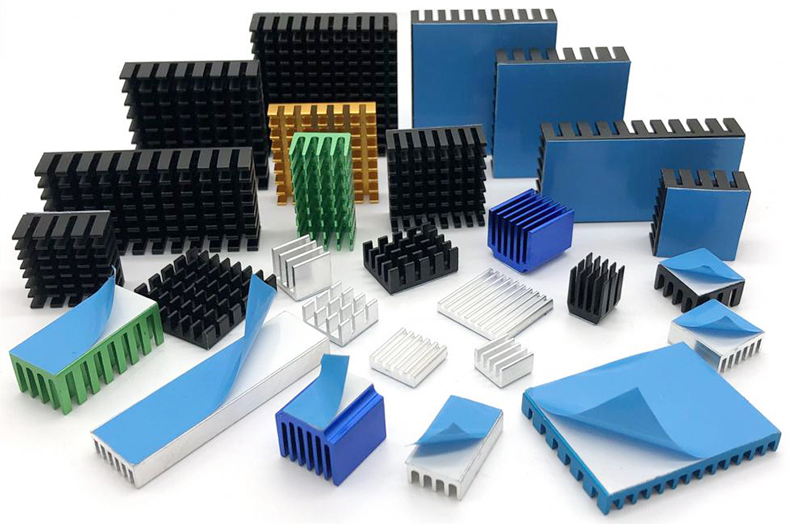
Furthermore, thermally conductive silicone pads offer the advantage of ease of processing and installation. They can be customized according to the shape and size of different heat sinks, making the design of heat sinks more flexible and diverse. At the same time, the installation process of thermally conductive silicone pads is relatively simple, requiring only their attachment between the heat sink and the heat source, without the need for additional fasteners or tools.
In summary, the application of thermally conductive silicone pads in heat sinks effectively improves heat dissipation efficiency, enhances cooling performance, and offers the advantages of easy processing and installation. Therefore, thermally conductive silicone pads have become an indispensable heat dissipation material in modern electronic devices.


 CN >
CN >
